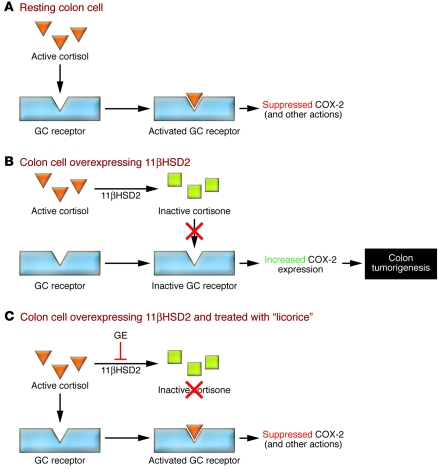Figure 1. Inhibition of 11βHSD2 blocks COX-2 and suppresses colon carcinogenesis.
(A) In resting colon cells, COX-2 expression is suppressed by the binding of endogenous cortisol to the glucocorticoid (GC) receptor. (B) In the current study, Zhang et al. show that the expression of 11βHSD2 is increased both in human colon adenomas and in intestinal adenomas in Apc+/min mice (14). Active cortisol is converted by 11βHSD2 to inactive cortisone that is unable to activate the glucocorticoid receptor. This releases the repression of COX-2, which is then expressed at high levels and generates signals (primarily prostaglandins) that promote colon tumorigenesis. (C) The authors also show that these cellular events could be reversed — at least with regard to this signaling pathway — by inhibiting the enzymatic activity of 11βHSD2 via gene silencing or pharmacologically with the licorice root derivative GE. Under these conditions, cortisol is available to suppress COX-2 expression via the glucocorticoid receptor and therefore suppress tumorigenesis.

